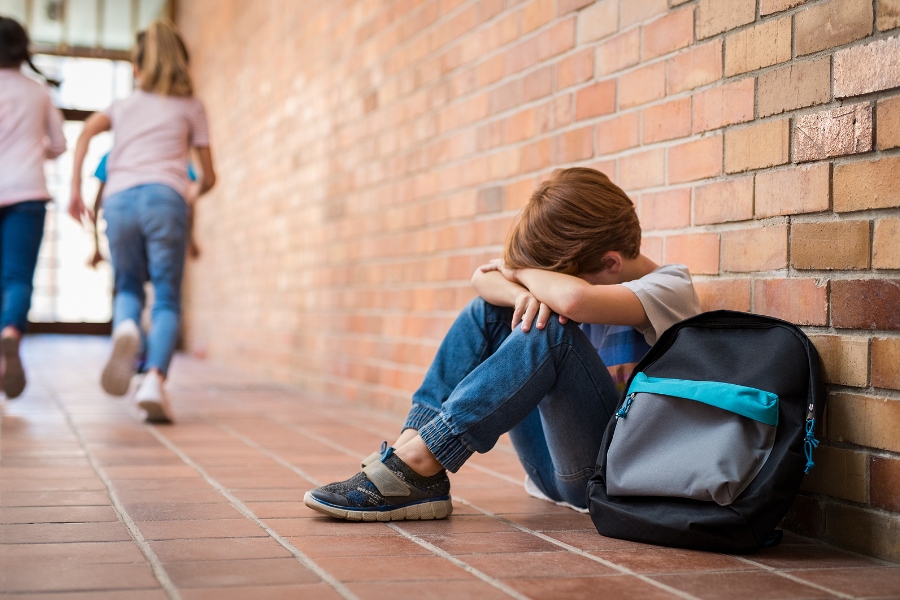
Summary:
- Minnesota designed its mandatory reporting laws for school abuse to ensure fast action to protect a victim’s physical and mental health.
- Mandatory reporters must be aware of the signs of abuse.
- Forms of child maltreatment include physical and sexual abuse, neglect, and emotional abuse.
- Mandatory reporters include teachers, counselors, school administrators, and others.
The state of Minnesota is clear when it comes to mandatory reporting laws for school abuse. The law doesn’t tolerate any form of child abuse and severely punishes those who hurt children. Our state leaders prioritize preventing and addressing abuse within educational institutions.
The following is a look at aspects of these laws. If you suspect your child is the victim of school abuse, contact a Sand Law school abuse attorney as soon as you can. We’ll investigate what is happening and who is to blame. Once our investigation concludes, we’ll pursue compensation from those responsible.
If you would like to schedule a free evaluation of your case, please call our firm at 651-291-7263 or contact us online. We’ll be happy to answer all of your questions.
Overview of Minnesota’s Mandatory Reporting Laws
Minnesota designed its mandatory reporting laws for school abuse to protect victims as quickly as possible. Professionals working closely with children, such as teachers, school staff, and administrators, must file a report within 24 hours if they suspect abuse is occurring.
Examples of maltreatment include:
- Neglect
- Physical abuse
- Sexual abuse
- Emotional abuse
Mandatory reporters must also report abuse if they become aware of it happening within the previous three years.
Penalties for not reporting can be severe. If the mandatory reporter fails to report, they’ll face misdemeanor punishment (up to 90 days in jail and a $1,000 fine). If someone suspects two or more children have suffered maltreatment by the same offender within 10 years and doesn’t file a report, the state may charge them with a gross misdemeanor (up to a year in jail and a $3,000 fine).
Identifying Abuse in Schools
Staff members must be vigilant in identifying abuse. They must also deeply understand the various forms that abuse can take. The signs that may indicate a student is facing maltreatment can be very subtle. However, Minnesota’s mandatory reporting laws for school abuse dictate professionals know how to spot them. The following are a few examples.
Physical Harm
Minnesota law prohibits any form of corporal punishment in schools. The state defines corporal punishment as the following:
- Hitting a child with a hand or object.
- Using unreasonable force that results in emotional or physical harm.
- Putting a child in “prone restraint” or restraining the child with their face on the ground.
Unexplained injuries, bruises, welts, or frequent complaints of pain without a clear cause can be red flags. Teachers and school staff must be attentive to any unexplained marks on a student’s body and take action when necessary.
Emotional Abuse
Emotional distress is another dimension of abuse that may manifest in behavioral changes. Students experiencing abuse may exhibit sudden shifts in behavior, such as becoming withdrawn, anxious, or excessively clingy. Abrupt changes in academic performance, coupled with noticeable mood swings, could be a sign of emotional distress resulting from abuse.
Sexual Abuse
Sexual misconduct is a particularly sensitive aspect of abuse that may be challenging to identify. Behavioral cues such as inappropriate sexualized play, advanced knowledge of sexual activities beyond their age, or avoiding specific people could indicate potential abuse. Educators must create a safe space for students to express discomfort or concerns related to inappropriate behavior.
Neglect
Neglectful behaviors, while not leaving visible marks, can be equally damaging. Signs of neglect may include consistently poor hygiene, malnourishment, or inadequate clothing. Students who are consistently hungry or tired may be experiencing neglect at school.
Teachers and staff must be proactive in creating an environment where students feel comfortable reporting potential abuse. Encouraging open communication and fostering trusting relationships can empower students to confide in adults about their experiences. Also, paying attention to peer interactions and other behaviors can provide valuable insights.
By remaining vigilant and responsive to behavioral cues, educators and school staff play a crucial role in safeguarding the well-being of students and providing necessary support when abuse is suspected.
Responsibilities Under the Law
Professionals working with children in schools are legally responsible for promptly reporting any suspected abuse they become aware of during their duties. This obligation extends to teachers, counselors, administrators, and all staff members.
The primary focus is taking swift action to protect the child rather than conducting an exhaustive investigation. Failure to report suspected abuse can have legal consequences and, more importantly, may compromise the safety of the child involved.
There are several other professionals subject to our state’s mandatory reporting laws for school abuse. These include:
- Daycare providers
- Counselors
- Psychologists
- Law enforcement officers
- Clergy members
- Social workers
The Reporting Process
Minnesota’s reporting process ensures immediate action when abuse is suspected. Reporting typically involves notifying the appropriate authorities, such as local law enforcement or child protective services.
The process emphasizes collaboration between the reporter and these authorities, helping authorities perform a comprehensive investigation. In addition, the reporter can remain confidential. They can come forward without fear of retaliation. This confidentiality is crucial in maintaining trust and fostering a culture where reporting is encouraged.
Next Steps For You and Your Child
When abuse is suspected or reported, parents and guardians become pivotal in supporting their children through the challenging process that follows. Critical steps include communicating with the child and seeking professional guidance. Parents should proactively contact administrators to ensure the school takes appropriate measures to safeguard their child.
Seeking legal advice from a school abuse lawyer is another crucial step. An attorney can help parents navigate legal complexities, understand their rights, and always prioritize the child’s best interests.
Contact Sand Law to Speak with a School Abuse Lawyer
If you find yourself dealing with a situation involving suspected school abuse, please seek legal counsel immediately. Sand Law attorneys understand our state’s mandatory reporting laws for school abuse. We also have extensive experience helping parents and guardians in school abuse cases.
Learn more by calling 651-291-7263 or using our online form to schedule a free case evaluation.
Frequently Asked Questions
What types of abuse must be reported under Minnesota’s mandatory reporting law?
Minnesota’s mandatory reporting law covers a broad spectrum of abuse, including physical, emotional, sexual, and neglectful behaviors that may harm a child’s well-being.
Who is legally required to report suspected abuse in schools?
Professionals working with children in schools, such as teachers, counselors, administrators, and staff members, are legally required to report suspected abuse under Minnesota law.
How do I report suspected abuse in a school setting?
Promptly notify the appropriate authorities, such as local law enforcement or child protective services. Timely reporting will ensure swift action to protect the child’s safety.

